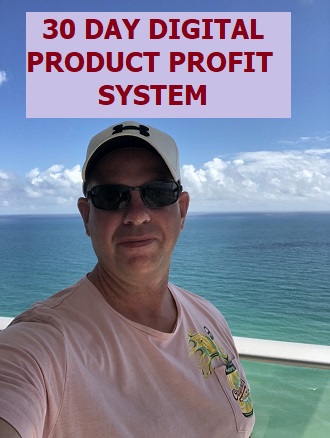So you are building a website or blog and need it to rank well in the search engines, so you hear about long-tail keyword research where you seek to optimize a given website page, article or blog post around a less competitive, but still productive long-tail keyword.
For example, if you have a weight loss program you are marketing, instead of trying to tackle weight loss program which has some 5.5 Million exact match websites competing for search engine position (remember you can find exact phrase matching by searching google with quotation marks around your keyword phrase) OR you can optimize for “weight loss workout program” and only have 5,000 competing pages, a number well within reach to rank in the top page of Google results.Â
Inside InfoMarketer’sZone we have a very detailed system for finding, optmiizing and testing to discover Golen Nugget long-tail keywords that produce massive returns for your products and services.Â
Here are a few tips we can share that will really help you.
How do you decide on which long-tail keywords to go with?
I have found that I can almost always rank in the top 10 for a long tail keyword phrase if the exact match ” ” results are less than 100,000. Â
Using our example above, certainly “weight loss workout program” fits the bill, so that would be a legitimate candidate for a long-tail keyword, it would make my short list assuming the information I had to share, and more important, the product or service I am marketing is relevant.Â
There are exceptions, at times I have ranked higher for exact match keywords that have much larger search volumes (though that usually takes a little more work and time) and can’t seem to crack the top 10 on some with lower, though that is the exception rather than the rule.
You can either go with those general guidelines and get to work, or decide to advance your research and look at the top competition for those keywords looking for factors such as their number and quality of backlinks, type of domain .info, .com .edu, age of the domain (big factor), domain name itself…etc…
There are keyword tools that will automate this for you or you can do it yourself with some work if this is a one-time thing.Â
Finally, don’t forget to use your own intuition and knowledge of the market to know if the keyword phrase will actually produce an actionable customer rather than a visitor. You can waste weeks trying to rank for one long-tail keyword only to find out it does not bring motivated buyers or opt-in candidates to your site.


